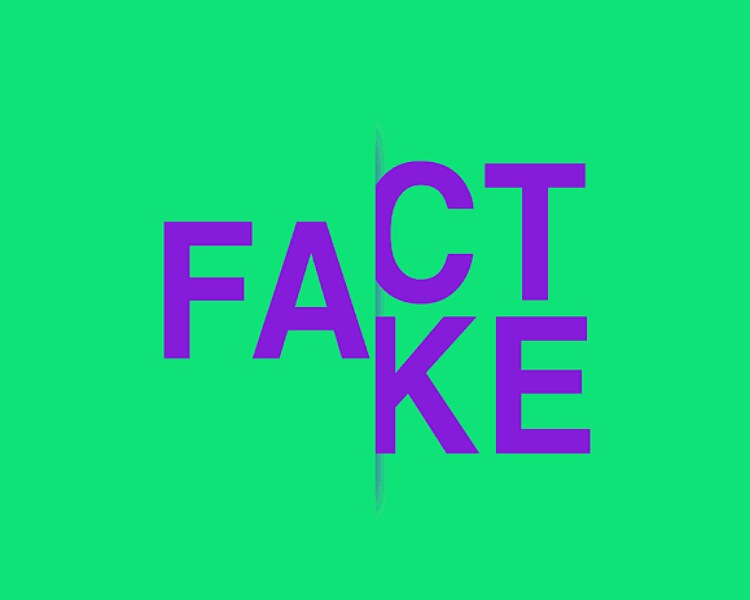Nutritional guidance comes from doctors, nutritionists, and reputed nutrition-related websites. But these days, these models of knowledge seem to have gone out of fashion. People are now using social media to gather info. Is this a safe trend?
Nutritional guidance
Traditional information channels include our next door doctors, medicine specialists, nutritionists, and reputed and reliable websites related to nutrition and diet. There was also a phase in between when people used to seek nutritional guidance with internet search on popular search engines. But all this seems to have gone out of favor when it comes to seeking of health and nutritional guidance.

When it comes to healthy cooking, social media is full of inspiring and creative recipes that people can adopt at home. But a new research has shown that people are using these social media platforms such as TikTok, Instagram, and YouTube to gather nutritional advice too.
The Sortlist survey
The communications platform, Sortlist conducted a survey recently to find out from where the general public sourced their diet knowledge. The survey revealed that social media was the main source of info on nutrition for people. And it outnumbered the traditional info sources such as doctor’s consultation, books, and website search engines.

The survey showed that 47.6% of the respondents used these social media platforms to learn about healthy eating. And only 21.6% of the respondents reached out to a nutritionist for advice on foods and diet.
Is this trend safe? Is it a sign of progress? Or is it a dangerous trend of misinformation and more complications? This is in the midst of many doctors and dietitians who have social media presence and run their own social media channels. But there is also an abundance of websites and channels which offer misguidance on nutrition. And are the people able to differentiate between these two different sources-reliable vs unreliable?
Why one should avoid social media for nutrition advice?
Social media info reaches us easily and is free. But dietitian Marilia Chamon opines:
‘This advice is often generalised and not tailored to you as a specific individual,’
‘If you are simply looking to learn more about health and nutrition it may be harmless, but if you are looking to improve specific health conditions or symptoms it can become a problem.’

Moreover, many topics in diet are debatable. After all the social media info, people may not know what is right and what is wrong. Marilia adds:
‘If you are in good health and curious, then it is a great place to learn, but if you are dealing with chronic symptoms, no amount of social media pointers will solve them – you must work with someone on a one-to-one basis to achieve long-term, effective relief.’
Read on: Social media influencer The Liver King confesses he lied about steroid use!
Hence, avoid these sources for knowledge on diet. But if you still want to use it, seek social media posts of certified doctors and nutritionists. But take everything you read with a pinch of salt.
